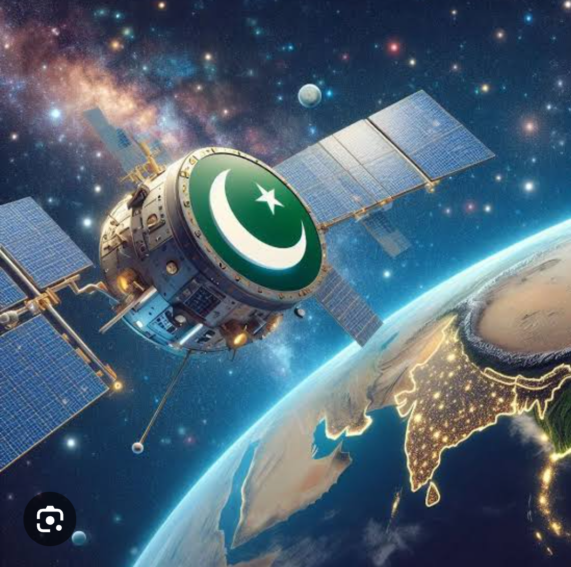By Ahsan Ansari
Pakistan’s first satellite mission, named “iCube Qamar,” successfully launched today, marking a significant milestone in the country’s space technology endeavors. This achievement reflects Pakistan’s growing capabilities in space exploration and its fruitful collaboration with China.
Initiated in 2022, the mission, completed within two years, was a joint effort between scientists from the Sparco-supported Institute of Space Technology (IST) and Shanghai University, China. Launched on May 3, 2024, from Hunan Space, China, this event signifies a proud moment for Pakistan, making it the sixth country to send a satellite mission to the moon. “iCube Qamar,” weighing seven kilograms, boasts cutting-edge imaging capabilities with two advanced cameras, providing live images and data to SPARCO and IST.
The mission aims to enhance Pakistan’s capabilities across various sectors such as agriculture, disaster management, urban planning, and environmental monitoring. By capturing high-resolution images of Earth’s surface, the satellite will facilitate informed decision-making and scientific research.
The collaboration with China underscores the strong bilateral relationship between the two nations in space technology. China’s support has been instrumental in Pakistan’s space endeavors, demonstrating mutual expertise, resources, and cooperation opportunities. The successful launch of “iCube Qamar” reflects Pakistan’s commitment to advancing its space program for socio-economic development. With this deployment, Pakistan joins the league of countries with indigenous satellite capabilities, contributing to global space exploration efforts.
The mission holds vast potential for sectors like agriculture, disaster management, urban planning, and environmental protection. It exemplifies Pakistan’s growing prowess in space technology and its dedication to utilizing space assets for national progress. As Pakistan continues to expand its space program, collaboration with international partners, particularly China, will be pivotal in achieving its goals. With “iCube Qamar” orbiting successfully, Pakistan envisions a future where space technology plays a pivotal role in national development and prosperity.
The mission’s completion will culminate with the satellite landing in China’s Mongolia. This achievement builds upon Pakistan’s legacy in space exploration, dating back to 1962 when Pakistani scientists launched their first satellite.




